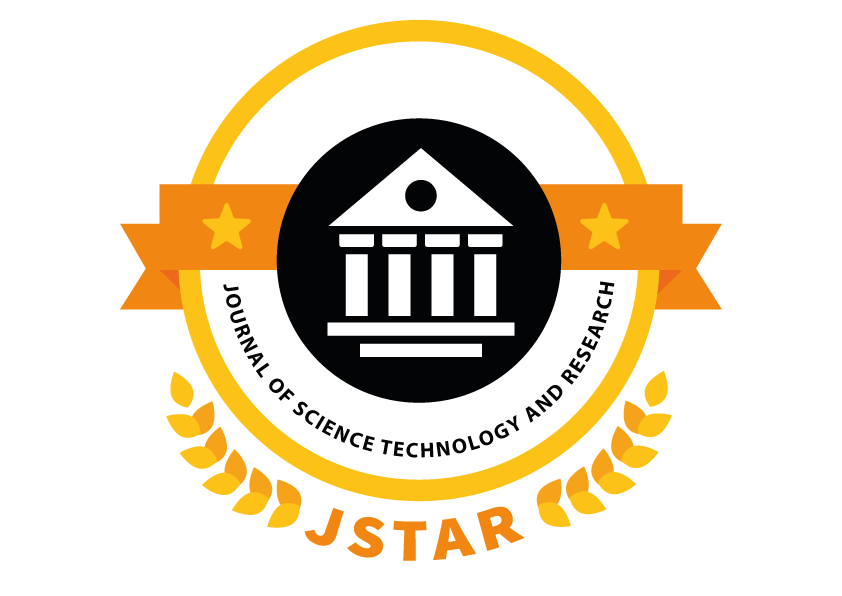Author:
Chaitanya Kanth TummalachervuPublished in
Journal of Science Technology and Research( Volume , Issue )
ABSTRACT:
This research introduces the Enhanced Schmidt Samoa (ESS) cryptosystem, a powerful public key cryptographic method aimed at securing data privacy in cloud environments. The ESS cryptosystem effectively safeguards single-owner data by ensuring strong encryption during storage and retrieval processes. Unlike traditional cryptosystems, ESS delivers improved confidentiality and faster performance for frequent data access operations. To address the needs of multi-user cloud scenarios, we propose the Improved Secure Cloud Data Storage Framework (ISCDSF). This framework enables secure key sharing and access control among authorized users while protecting sensitive information from unauthorized access. Our experimental evaluation shows that the ESS cryptosystem enhances security without compromising system efficiency. This research not only strengthens cloud-based data protection but also provides a scalable solution suitable for both individuals and organizations. By integrating ESS and ISCDSF, cloud users can achieve a robust privacy model that addresses real-world challenges in data confidentiality and secure information sharing.
INTRODUCTION:
Cloud computing has revolutionized data storage, yet securing data privacy in cloud systems remains a pressing concern. Typically, a single data owner stores personal or business information, such as private documents or corporate files, without intending to share them. However, once data enters the cloud, administrative control shifts from the user to the Cloud Service Provider (CSP). This shift raises major security concerns, including unauthorized access and confidentiality breaches. To address this issue, we propose a robust encryption-based framework that protects single-owner data from threats. We employ public key cryptography—specifically, the Enhanced Schmidt Samoa (ESS) cryptosystem—to ensure that only the rightful owner can decrypt stored data. While the CSP and external users may have access to the public key, only the data owner possesses the private key, maintaining strict access control. Our approach enhances traditional cloud security models, ensuring both privacy and secure communication in single-owner and multi-user cloud environments.

